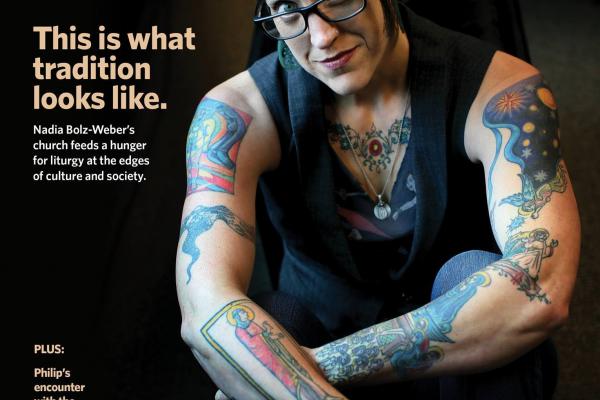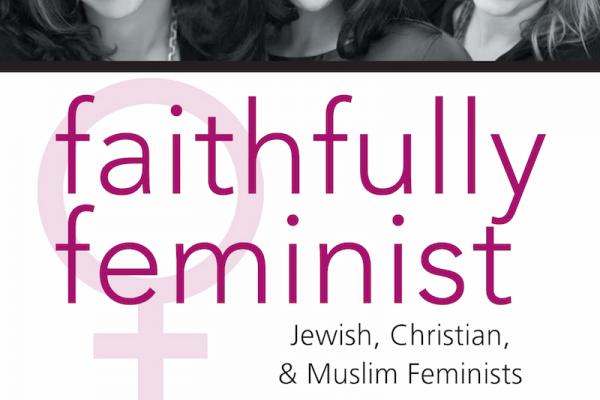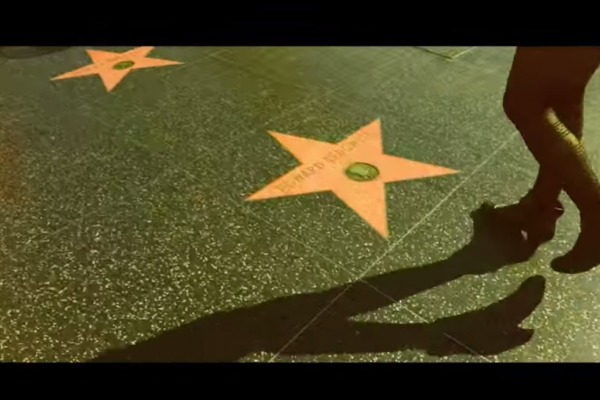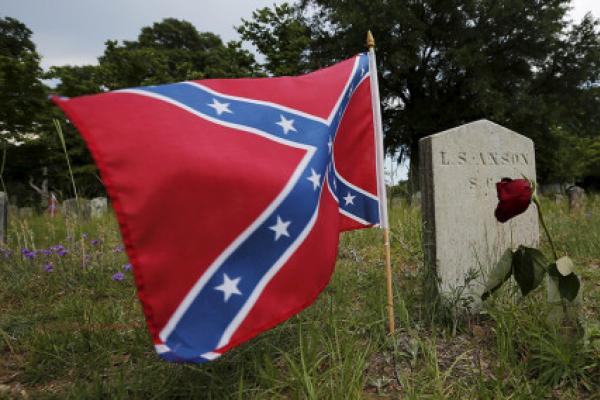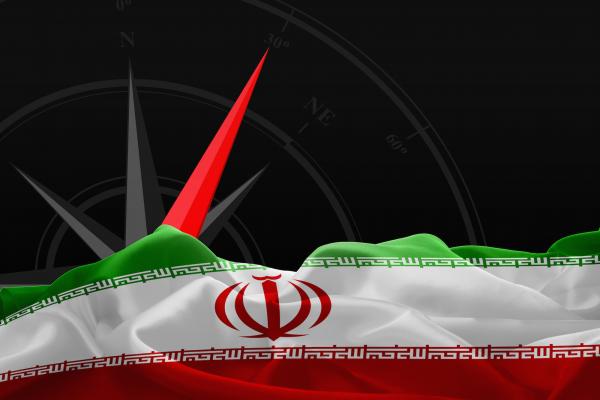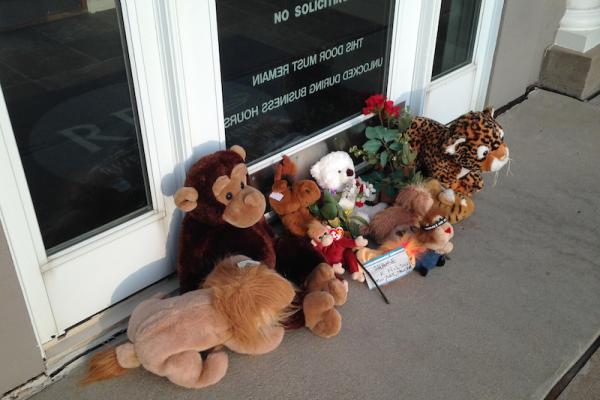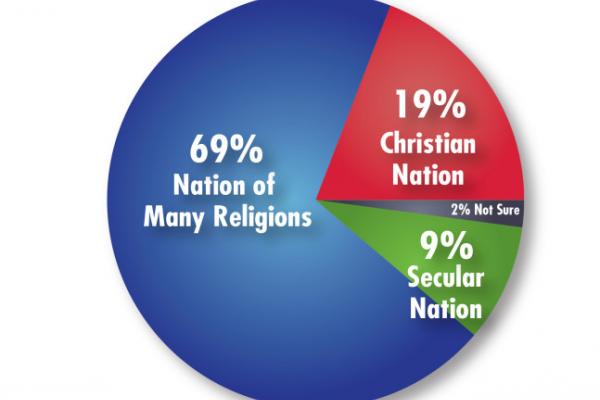Sister Maxine and Sister Julie, co-hosts of In Good Faith, a monthly podcast on religion and spirituality, hosted Sojourners editor Jim Rice earlier this month to chat Sojourners and the importance of justice work for every Christian.
Jim Rice came to Sojourners in 1982, where he serves as editor of the magazine.
"We started off with the goal of trying to arcitulate the biblical call to social justice. The gospel isn't a historical relic left up on a dusty shelf — it's relevant for our time," he said.
"Social justice is not optional for Christians."
1. Death of a Young Black Journalist
“The most basic instinct of a local reporter is to take the importance of her neighbors as a given. In a community like Anacostia—where more than ninety per cent of residents are African-American, one in two kids lives below the poverty line, and incarceration and unemployment rates are among the nation’s highest—this is another way of saying that black lives matter.”
2. Dear NBC, BBC, CNN, and Others: Mugshots Are for Criminals, Not for Their Victims
“Using a mugshot that has no relevance to the circumstances in which Sam DuBose was killed—up against a fully-uniformed photo of his accused killer—suggests that DuBose did something criminal to instigate the cop in his shooting. As yesterday’s grand jury decision confirms, this is blatantly not true. It warps the real story: a cop who allegedly killed an innocent man for no good reason.”
3. We Need to Talk About Feminism and Vocal Fry
“The clash here is not between anti-feminists and feminists. At its heart, the conflict over vocal fry is a clashing of feminist ideologies. … Wolf suggests that young women’s voices aren’t authoritative enough, and implies that they’re somehow squandering all the hard feminist work that came before them. But what’s really happening is a generational shift, both in feminism and in the workplace.”
This summer I had the distinct privilege of being asked to serve as the Liturgical Coordinator for the Wild Goose Festival held in Hot Springs, N.C. The festival is a time and place of celebrating the “intersection of Spirit, Justice, Music, and the Arts” that began a few years ago. As such, liturgies abound. Some of them were rather traditional. The Episcopal tent, for example, held Compline services every night. They also broke out of the mold and hosted a songwriter circle and an agape feast. The Goose is like that. Ask the Methodists about the beer tent. Oh, and the Baptists had a coffee shop.
People break from the mold a little. There was a Eucharistic liturgy where a blacksmith literally hammered a rifle into a farm implement. It was an unusual Eucharist, to be sure, but beautiful.
Why stay when a woman can’t be ordained as a priest? When Jewish men in their daily prayers thank God they were not born a woman? When a woman with uncovered hair is considered a bad Muslim?
Many in this diverse group of essayists — including Mormons, immigrants, rabbis, ministers, lawyers, and nurses — confess to having seriously considered chucking faith, or at least their own religious tradition. Some of them actually did leave, only to return.
When a movie examines a group of people whose stories are only starting to gain mainstream attention — and does it with honesty and compassion — it’s important to pay attention. Director Sean Baker’s wickedly funny and stylish film Tangerine dives deep into the transgender community in Los Angeles in a way that explores the strengths, vulnerabilities, and deep needs of its characters. In other words, it portrays them as real people, not as caricatures — or Oscar-friendly approximations played by a cisgendered actor in drag.
Four Confederate flags were placed outside of Rev. Martin Luther King Jr.’s church here July 30. Authorities said they are looking for two white men who were caught on surveillance video.
Authorities have images of the men placing the flags outside Ebenezer Baptist Church in Atlanta, said Atlanta Police Chief George Turner.
Local authorities are working with federal authorities and have not determined what charges might be levied, he said. They have not ruled out a hate crime, Turner said. An officer from the Atlanta FBI’s joint terrorism task force was on the scene “to better determine if any specific threats were received” and to provide support to Atlanta police, FBI Special Agent Steve Emmett said in an email.
If politicians are letting one person trump the tone of politics, just to go up in the polls or get on the debate stage, that’s very bad news for our nation’s civil discourse.
It certainly isn’t serious talk. Serious talk is “Hard work.” “Difficult negotiations.” “Competing interests.” “Coalitions and diplomacy.” Serious talk recognizes that no agreement, no matter how diligently negotiated, is perfect.
Iran is an enemy – an enemy of America, an enemy of Israel, and an enemy of peace. I believe that. But you need to find ways to make peace with your enemies in order to reduce potential conflict. Choosing war with our enemies as our first option since 9/11 has just made us more enemies.
The question is: what we should do about Iran?
When a lion killed an American woman last month in South Africa, where I now live, the story made a few headlines, but the Internet did not melt. Perhaps Americans assume “lion bites woman” is the African equivalent of “dog bites man” — too ordinary to merit mention.
But when man bites dog, or when man shoots lion with an arrow, Americans conjure up images of Simba and Mufasa, the only reference many have to a continent of 1.1 billion people three times the size of their own country, and they lose their proverbial scat.
Assuming Zimbabwe won’t make the news again until dictator Robert Mugabe finally dies, allow me to capitalize on Cecil’s demise with a quick rundown of the country’s atrocious human rights record.
The officer indicted for the murder of Samuel DuBose just blocks from the University of Cincinnati campus pleaded not guilty, NBC News reports. Outrage over the shooting death of DuBose, father of 10, during a traffic stop on July 19 has been widespread since video footage surfaced Wednesday, with calls for a murder conviction for officer Ray Tensing.
Americans are all for religious freedom — but disagree on who can claim it.
Diverse religious groups are recognized — but Christians and Jews are significantly more welcome than atheists, and many don’t see a welcome mat for Muslims. And not everyone means the same thing when speaking of a “Christian” nation.
So finds a new look at Americans’ religious self-image, detailed in a LifeWay Research survey released July 29.
